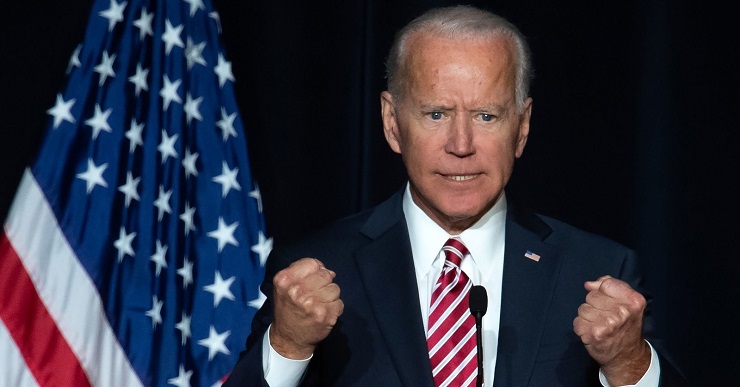It really is true: the bastion of Liberalism is seeking a makeover. Not only have there been a slew of books about socialism and social-democracy of late, but a slew of social-democrats have actually broken the congressional glass ceiling. (I’ve been unable to establish exactly how many DSA members were elected in 2018, along with Alexandra Ocasio-Cortes, who became instantly famous, because on-line searches only bring up articles warning of the dangers of socialism rather than a list of democratic socialists in Congress!)
And yet, as the US begins to tear down a century-long opprobrium, hardly a day goes by that some well-known writer comes up with a new book cautiously introducing Americans to the idea that democratic socialism is necessary to overcome America’s profound crisis. Led by well-known economist Joseph Stiglitz’s People, Power, and Profits: Progressive Capitalism for an Age of Discontent, there is a scramble to save what can be saved of a capitalism gone wild.
In The Algebra of Happiness, Scott Galloway attempts to convince us that if we are unhappy, it can’t be liberalism’s fault; it’s that Happiness equals meaningful relationships. This theme is also illustrated by Adam Gopnik’s personalized defense of Liberalism in The New Yorker, which represents the epitome of sophistication, however, it is torn to shreds in The New Republic, under apt the title: The Emptiness of Adam Gopnik’s Liberalism. David Sessions accuses Gopnik of lacking a fundamental understanding of political-economic power: “The left-wing critique of liberalism is chiefly an attack on liberal faith in reform. Gopnik claims that ‘even when legislative institutions are very unequal and even undemocratic, as long as formal freedoms can be respected… it’s possible to force reforms even when they come reluctantly’, whereas the problem with liberalism is not its ideals but its permanent inability to achieve them.”
Sessions claims that ”only revolutionary change can bring justice and equality to a criminally unjust world,” adding a sardonic: “Liberalism “doesn’t just export its atrocities; it exports its exploitations and then brings back the profits to support the supposedly liberal arts.”
Meanwhile, like a breath of fresh air, in the June Harpers, Marilynne Robinson, a prize winning essayist and novelist who is fascinated by the relationship between science and religion, asks “Is Poverty Necessary?”, responding with a primer on the work of the nineteenth century American economist, Henry George who has recently been experiencing a revival. “Georgism” contends that people should own the value they produce, while the economic value derived from land and natural resources should belong to all members of society, its value taxed away by the state. (Among George’s contemporary admirers were Tolstoy and Einstein, signaling the chasm between the nineteenth and twenty-first centuries zeitgeist.)
As the Trump presidency continues to illustrate the failings of representative democracy, while assuring voters that the United States of America will never become socialist, pundits despair of neo-liberal capitalism’s future. Some are even turning to American history, with one pundit even claiming that it shows that “division is written into our DNA”. That message is expounded in a book entitled ‘The British are Coming!’, which reassures readers of the unique ‘can-do’ American character in a popular style. Pundits discussing the book stress its relevance to the current crisis, some advocating more social studies classes that glorify bravery, to prepare high school students to fight Iran. Showing real panic, Chris Matthews warned that ‘Iran is a real country, not something created by the British on a map’, while the Europeans, whom we tout as allies, but who have been our minions for decades, appear to be finally getting up the courage to tell Washington to ‘get lost’, three European allies pulling its ship out of the Persian Gulf convoy.
Caught between Trump’s threat to abortion rights and that of war, American voters are increasingly turning to a seventy-six year old Senator who unsuccessfully sought the Democratic presidential nomination in 1988 and in 2008. Joe Biden was Obama’s Vice President and appeals mainly to older Democrats, however, since hinting that he would run, he has systematically topped the charts, among a field of lesser known and/or much younger candidates. The most recent established figure to announce an intention to run is the less-than-popular Mayor of New York, Bill de Blasio, an avowed social democrat whose wife is Black and whom many New Yorkers find haughty. As for the press, it will continue to imply that any label with the word socialism is bad until it gets recognition from on high that only democratic socialism, which protects the weak while allowing the strong to innovate, can save capitalism from itself.
Deena Stryker is an international expert, author and journalist that has been at the forefront of international politics for over thirty years. She can be reached at Otherjones. Especially for the online magazine “New Eastern Outlook”.

